NHS IT - something to celebrate?
To mark the 60th anniversary of the NHS, IT PRO examines the massive IT overhaul at the health services giant.
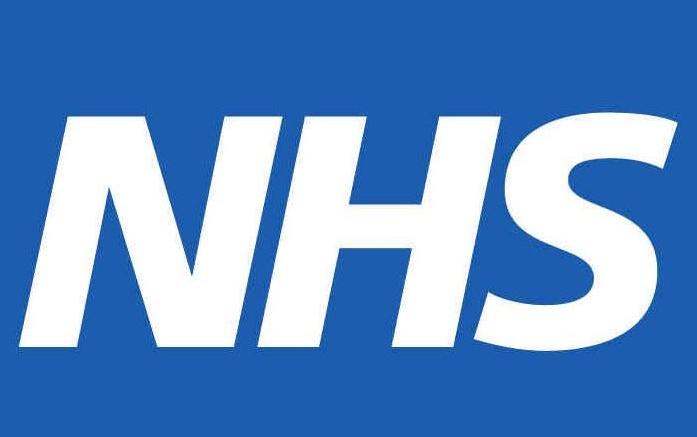

The main trouble now has been rolling out local IT systems as in, the systems that will allow all this technology at the hospital level.
England has been split into three areas London, the Southeast, and the North, Midlands and East (basically, everything else). London has been run by BT, the North by CSC, and the South was run by Fujitsu, before they fell out with the DoH and dropped out of the project at a massive financial cost.
While BT is largely expected to takeover running the Southeast trusts which already have their software in place, it's not yet known which firm will be willing to take on the massive job of picking up where Fujitsu left off.
Ovum analyst Tola Fischer said: "Whichever supplier - or combination of suppliers - does eventually take over from Fujitsu, it will face many of the same challenges that led the Japanese firm to part company with SPfIT. The biggest challenge will be striking the right balance between local demands for the tailoring of software and the ideal of standard systems across the NHS in the South. As Fujitsu found, without a certain level of standardisation, upgrading and integrating systems becomes more difficult and costs escalate. Any supplier bidding to replace Fujitsu should be doing so with their eyes wide open and will expect to be suitably compensated."
Each area has or had a major tech supplier running the implementation of one of two software systems, either iSoft's Lorenzo or Cerner's Millennium. Both systems have their critics. Lorenzo has been delayed so many times it's reached mythical status, while Cerner's products have been called "appalling" by former project head Richard Granger.
Overcoming these IT issues are the next big challenge for the DoH, and will decide how successful the NPfIT can be.
What went wrong
Get the ITPro daily newsletter
Sign up today and you will receive a free copy of our Future Focus 2025 report - the leading guidance on AI, cybersecurity and other IT challenges as per 700+ senior executives
Representatives of CfH, the NHS and DoH are fond of pointing out that such a project has never before been attempted, as though that's a valid reason to make mistakes. There's probably a good reason no one has attempted to roll out a such a centralised database on such a scale before: it's hard to do, and clinicians don't really want it.
Freelance journalist Nicole Kobie first started writing for ITPro in 2007, with bylines in New Scientist, Wired, PC Pro and many more.
Nicole the author of a book about the history of technology, The Long History of the Future.
-
 Should AI PCs be part of your next hardware refresh?
Should AI PCs be part of your next hardware refresh?AI PCs are fast becoming a business staple and a surefire way to future-proof your business
By Bobby Hellard
-
 Westcon-Comstor and Vectra AI launch brace of new channel initiatives
Westcon-Comstor and Vectra AI launch brace of new channel initiativesNews Westcon-Comstor and Vectra AI have announced the launch of two new channel growth initiatives focused on the managed security service provider (MSSP) space and AWS Marketplace.
By Daniel Todd
-
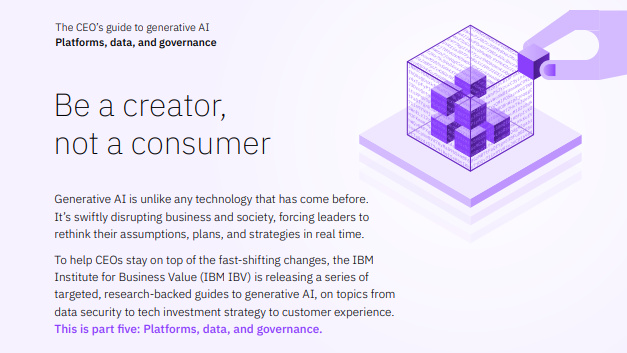 The CEO's guide to generative AI: Be a creator, not a consumer
The CEO's guide to generative AI: Be a creator, not a consumerWhitepaper Innovate your business model with modern IT architecture, and the principles of trustworthy AI
By ITPro
-
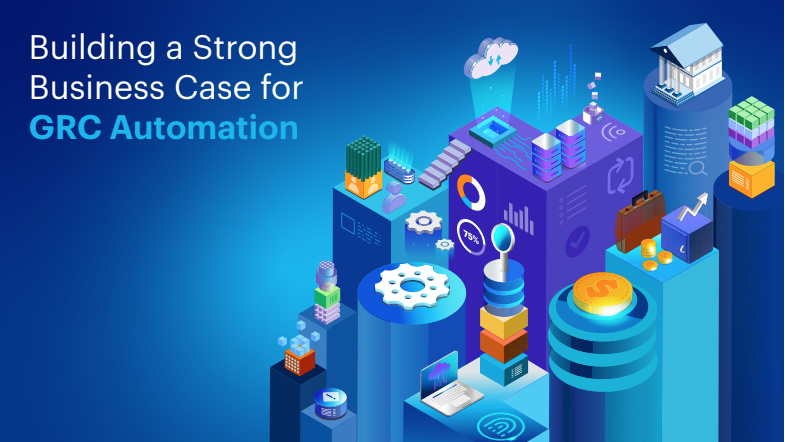 Building a strong business case for GRC automation
Building a strong business case for GRC automationwhitepaper Successfully implement an innovative governance, risk & compliance management platform
By ITPro
-
 Saving the NHS with tech: 5G healthcare and virtual wards
Saving the NHS with tech: 5G healthcare and virtual wardsCase study Can technology cure Britain’s ailing healthcare service? Our three-part series examines how technology can lift Britain’s healthcare system out of its current crisis
By Barry Collins
-
 Saving the NHS with tech: Making blood deliveries by drone
Saving the NHS with tech: Making blood deliveries by droneCase Study Can technology cure Britain’s ailing healthcare service? Our three-part series examines how technology can lift Britain’s healthcare system out of its current crisis
By Barry Collins
-
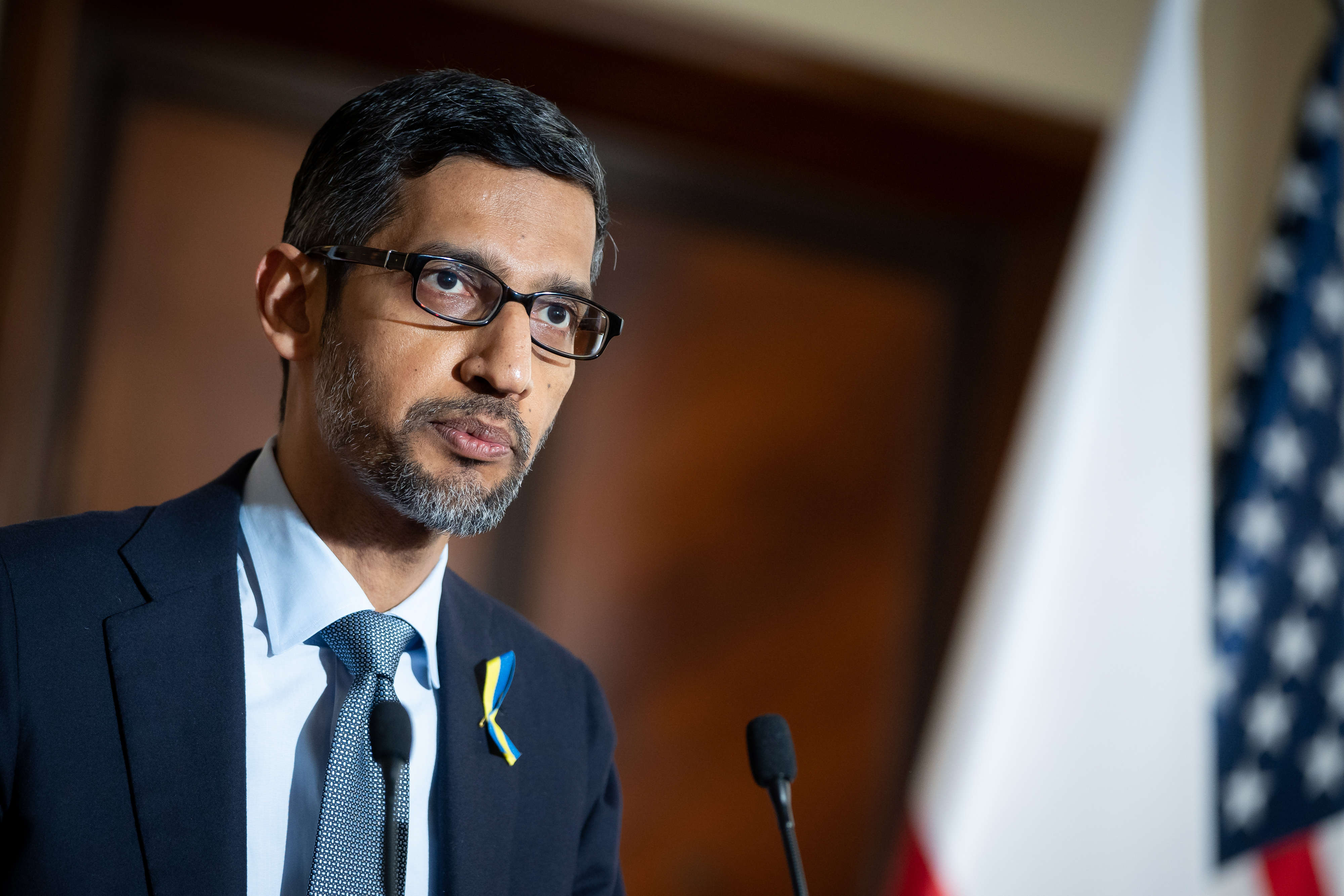 Sundar Pichai: AI keeps me up at night
Sundar Pichai: AI keeps me up at nightNews The Google chief warned that recent AI developments will have a profound impact on society
By Ross Kelly
-
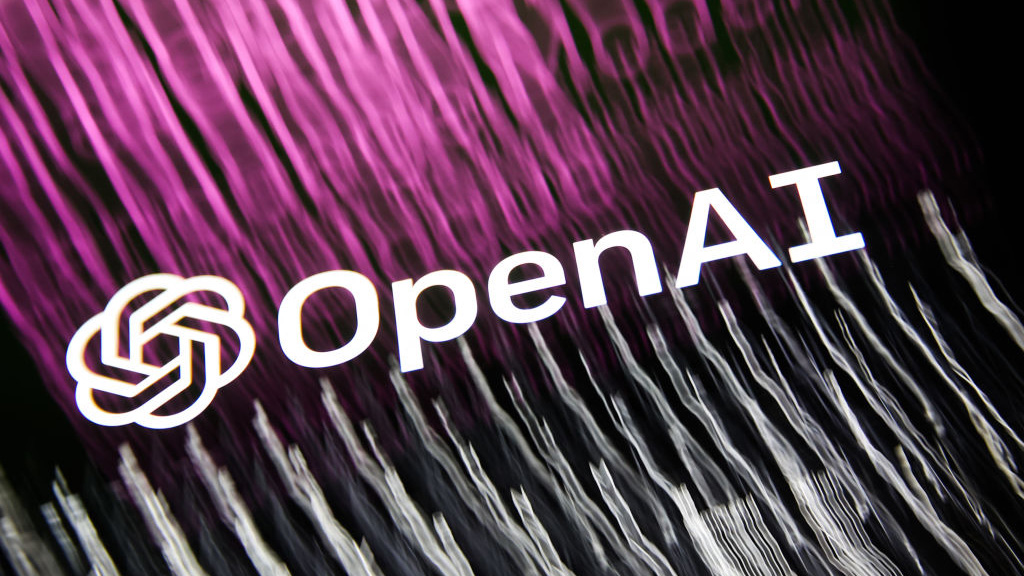 ChatGPT privacy flaw exposes users’ chatbot interactions
ChatGPT privacy flaw exposes users’ chatbot interactionsNews OpenAI has not expanded on the flaw in detail, nor indicated its reach
By Rory Bathgate
-
 Nvidia rolls out AI platform across NHS hospitals
Nvidia rolls out AI platform across NHS hospitalsNews The platform ensures that patient data never leaves the hospital trust when an AI algorithm analyses medical records
By Zach Marzouk
-
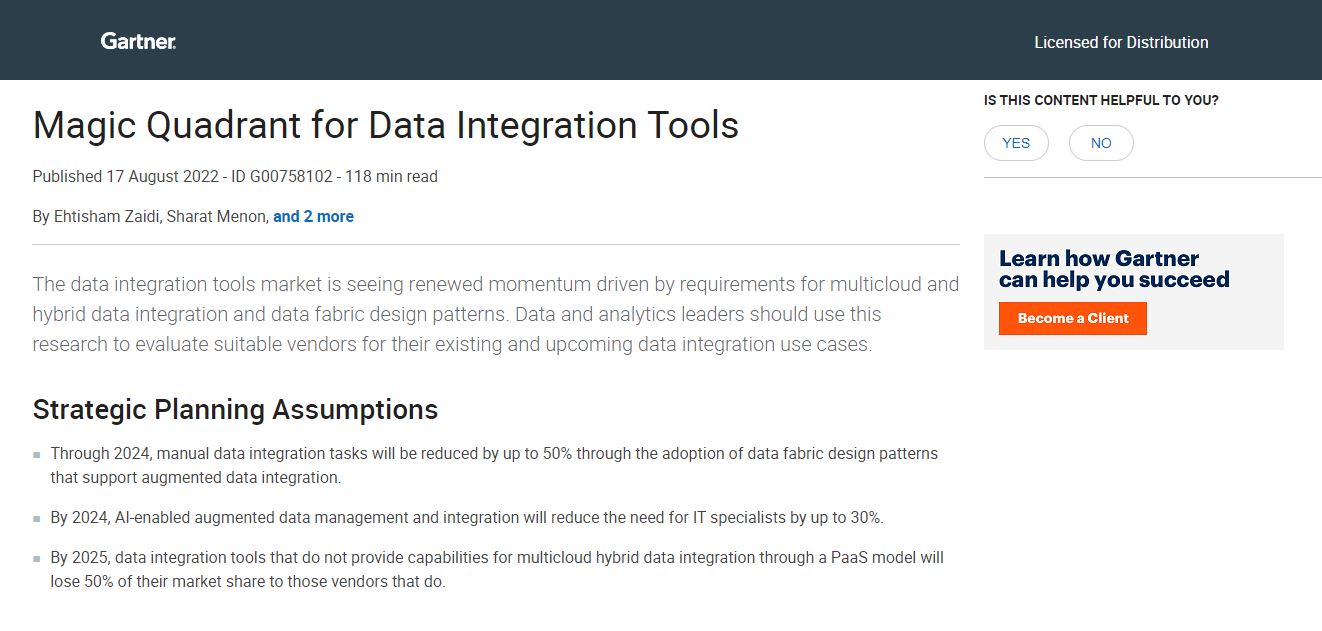 2022 Magic Quadrant for data integration tools
2022 Magic Quadrant for data integration toolsWhitepaper Using research to evaluate suitable vendors for their existing and upcoming data integration use cases
By ITPro